Singapore Faces Economic Toll from US Tariff Warfare
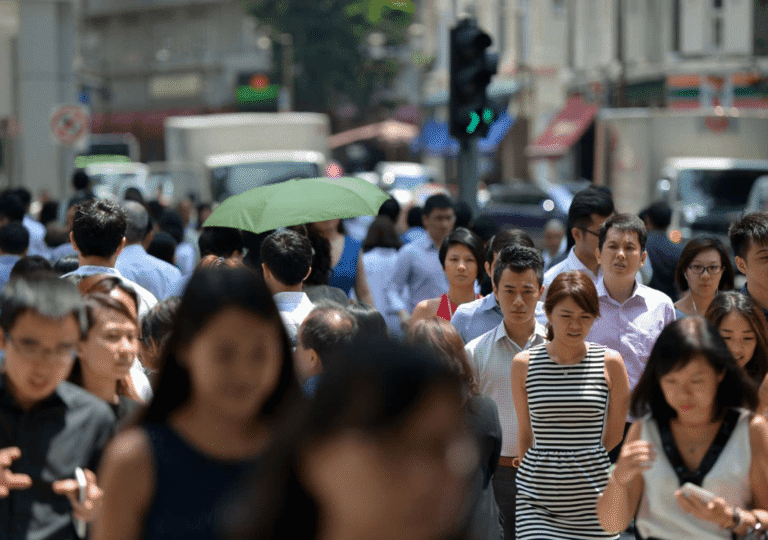
U.S. tariffs threaten Singapore's economy, as the nation faces severe trade disruptions and mounting uncertainty from punitive measures targeting it and others.

U.S. tariffs threaten Singapore's economy, as the nation faces severe trade disruptions and mounting uncertainty from punitive measures targeting it and others.
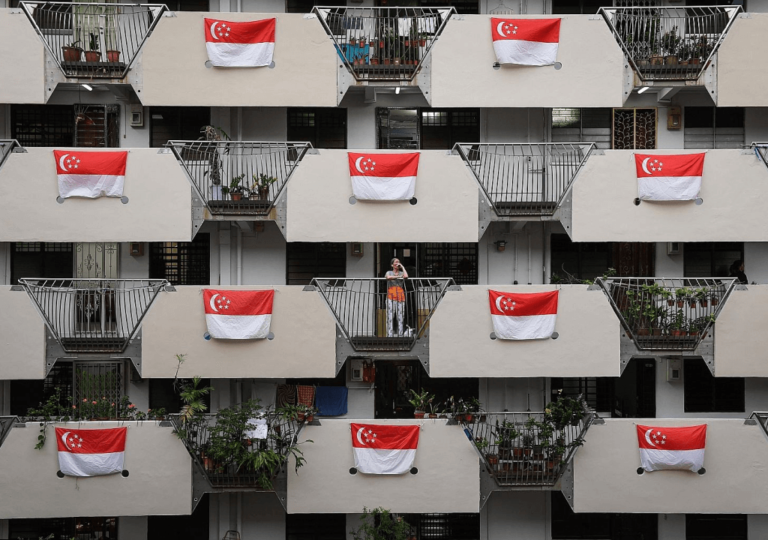
Explore how Singapore’s political parties are responding to the country’s long-standing housing challenges. From BTO reforms to rental schemes, here's what’s being proposed to address affordability and access.
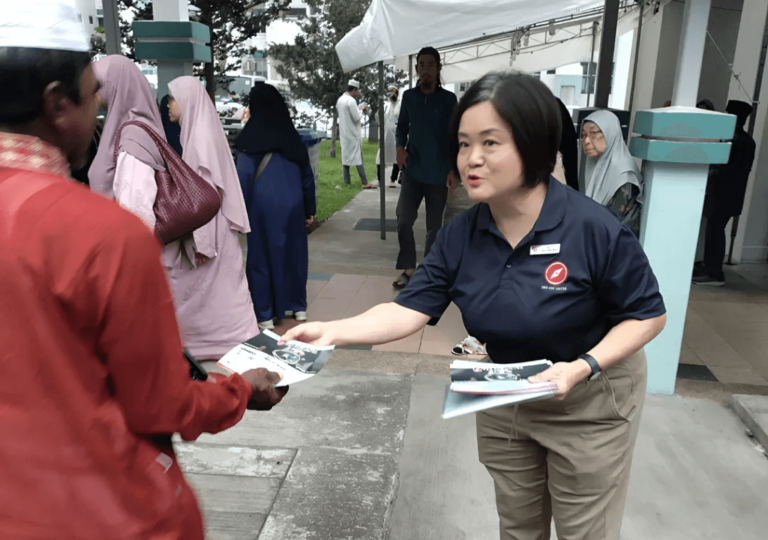
Red Dot United sets its sights on Parliament in GE2025, campaigning on cost of living concerns and fair representation.
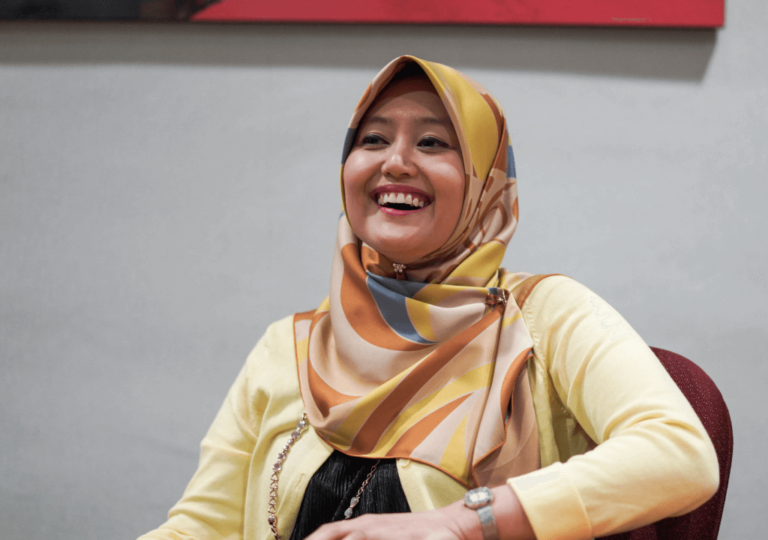
With GE2025 approaching, PAP unveils fresh faces—but is this a genuine revitalization or a strategic move to counter public dissatisfaction?
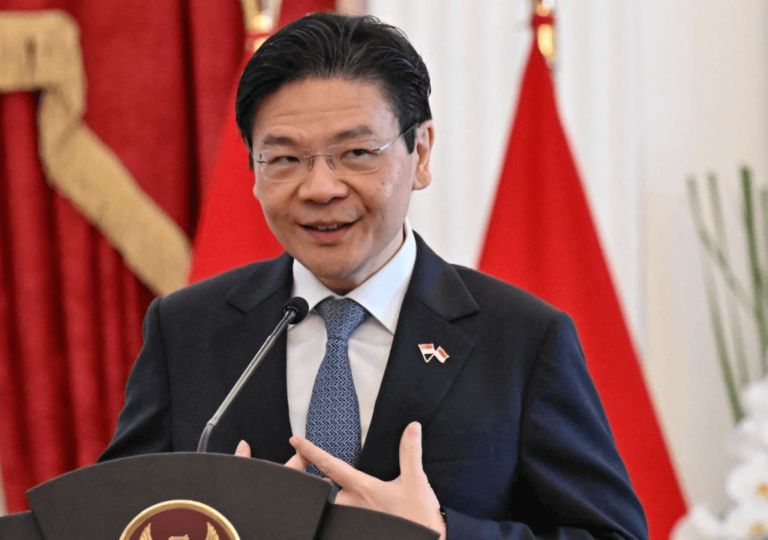
Prime Minister Wong emphasizes the high stakes of Singapore's upcoming election, urging citizens to recognize the critical choice ahead for the nation's future amidst global challenges.
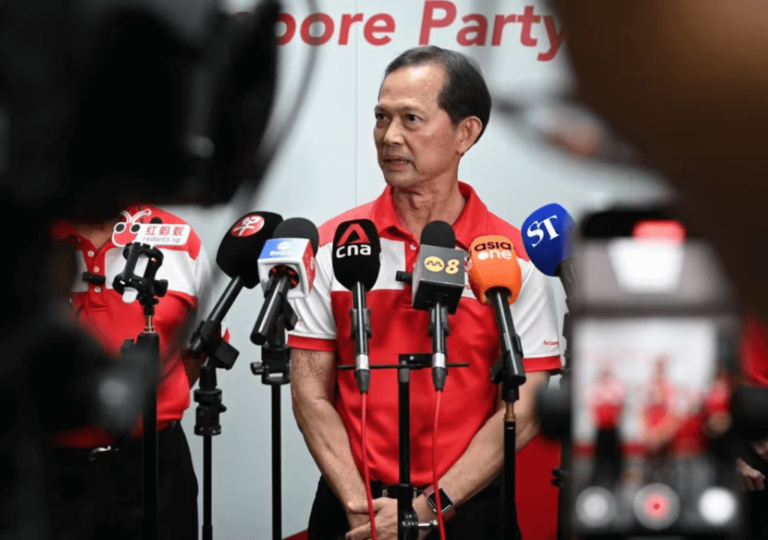
Leong Mun Wai reclaims leadership of the Progress Singapore Party ahead of GE2025. Can his forthright style and strategic vision turn the PSP into a formidable electoral force?
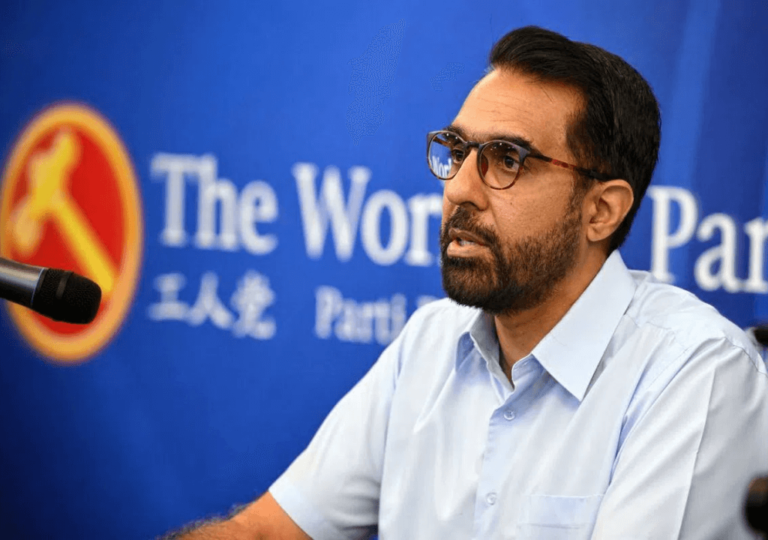
Opposition leader Pritam Singh questions the fairness of Singapore’s newly redrawn electoral map, sparking debate over political boundaries and electoral transparency.
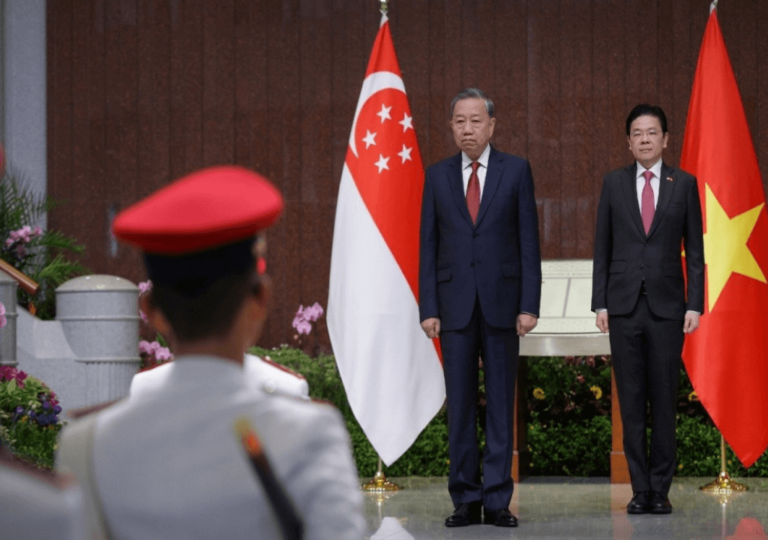
As regional tensions rise, Singapore and Vietnam are strengthening their diplomatic and economic partnership, fostering greater cooperation in Southeast Asia
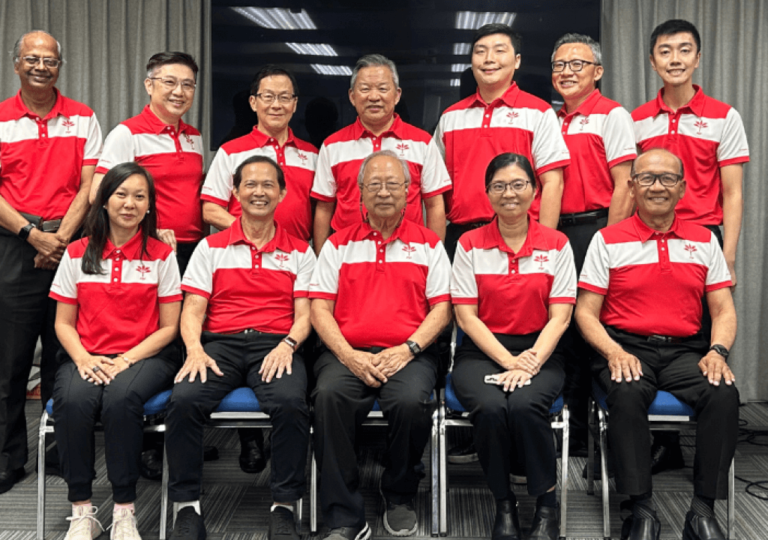
Progress Singapore Party revamps its leadership in preparation for the upcoming election. Explore what this means for Singapore’s political landscape.
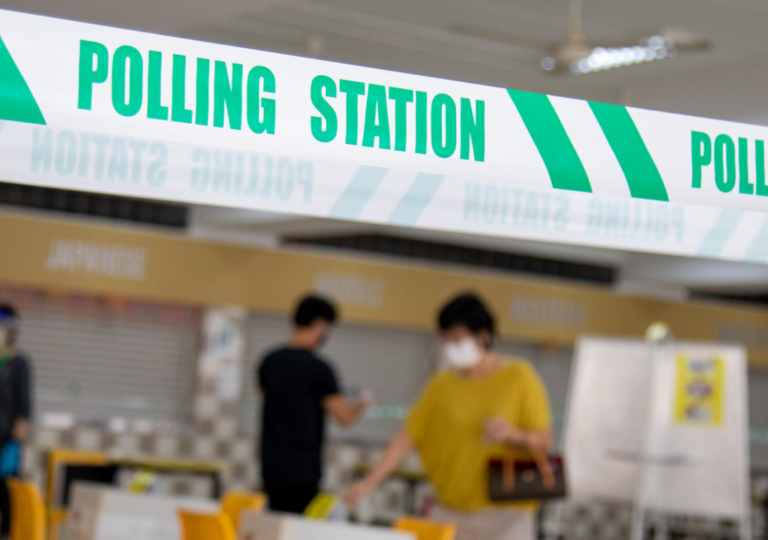
As Singapore’s political boundaries shift, opposition parties rethink their strategies to stay competitive. Discover how they plan to navigate the changing landscape.